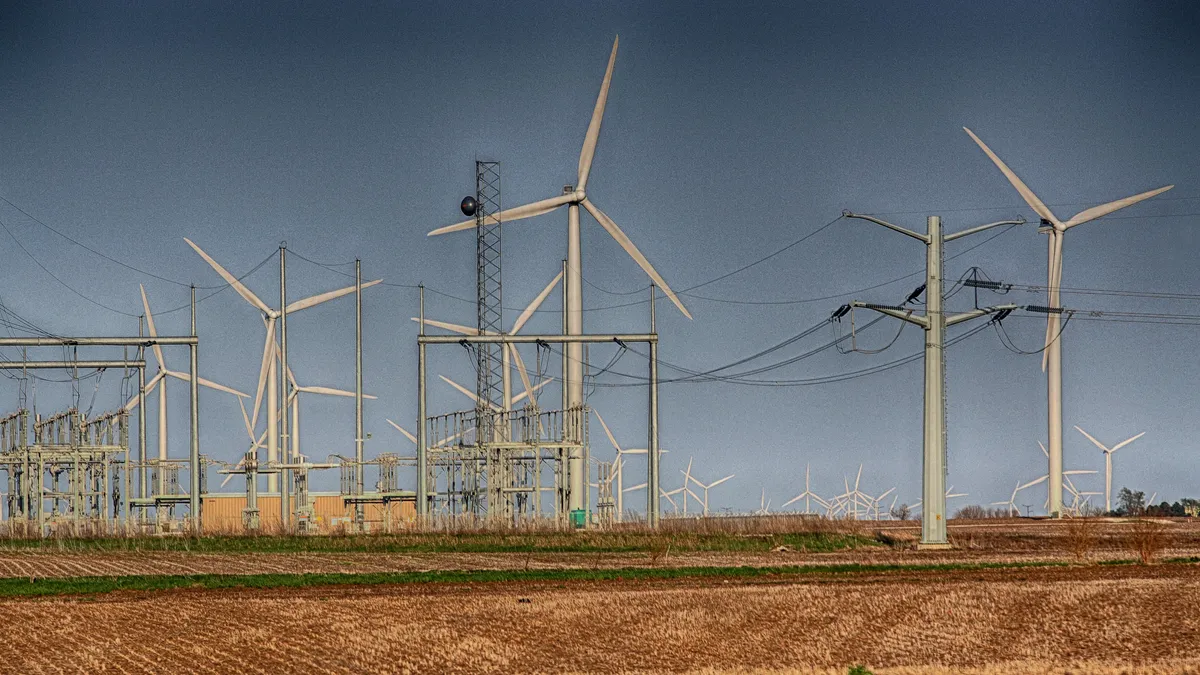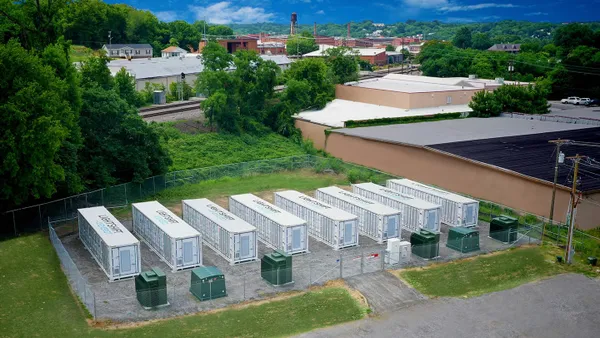The board of the North American Electric Reliability Corp. on Tuesday adopted two new standards focused on extreme weather reliability and three updates to standards focused on critical infrastructure protection and energy assurance.
”NERC continues to make progress on addressing extreme weather challenges, resulting in ongoing reliability, but we must keep moving forward,” Board Chair Ken DeFontes said in a statement.
The new standards are:
- TPL-008-1, focused on improving how planning coordinators and transmission planners prepare for the potential impacts of extreme heat and extreme cold temperature events; and,
- BAL-007-1, requiring balancing authorities to perform energy reliability assessments in order to plan for potential energy emergencies in the near-term.
TPL-008 is a framework consisting of 11 requirements “for the performance of periodic studies assessing the wide-area impacts of extreme heat and extreme cold temperature events on the Bulk-Power System,” according to the standards document presented to the NERC board at its Dec. 10 meeting.
BAL-007 requires balancing authorities to document a process for conducting near-term energy reliability assessments that account for: forecast or assumed demand profiles; resource capabilities and operational limitations, including fuel supply; energy transfers with other balancing authorities; and bulk electric system constraints.
NERC said standards modifications approved by the board include the following:
- CIP-003-11, which aims to bolster the security of small distributed resources on the bulk electric system by adding controls to authenticate remote users, protect the authentication information in transit and detect malicious communications;
- CIP-002-8, which provides improved risk identification by addressing the proper identification of transmission owner control centers that perform the functional obligations of a transmission operator, specifically those meeting medium-impact criteria; and,
- TOP-003-7, to ensure that balancing authorities have the authority to collect the data needed to perform the near-term energy reliability assessments.
The standards actions have been filed with the Federal Energy Regulatory Commission and are pending regulatory approval, a spokesperson said.
Other actions taken at the NERC board meeting included authorizing the reliability organization to issue a cold weather data request to collect and analyze generator data and submit an annual informational filing.
“The data request complements existing cold weather preparedness efforts, and the data will help evaluate what portion of a generator’s fleet can perform at the extreme cold weather temperatures for the location, what portion is under a corrective action plan (and until when) and what portion will not be winterized due to declared constraints,” NERC said.















